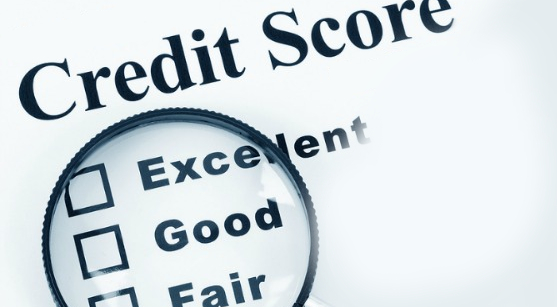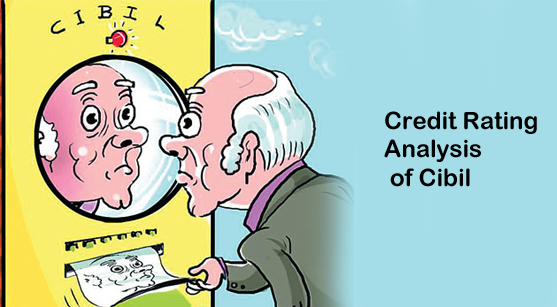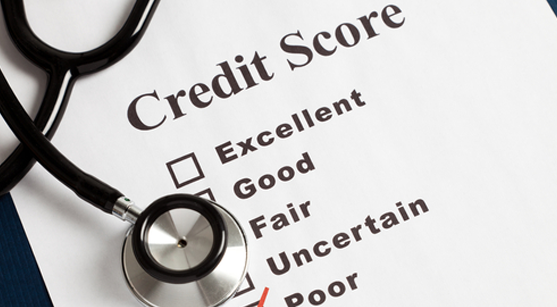Marriage means a couple coming together with a common outlook about the future. Couples should always plan their solo, as well as joint finances. Without appropriate financial planning, the financial health of the couple could suffer in a big way.
Life partners always maintain two distinct credit records and histories. Both husband and wife should ask for their individual credit information reports (CIR) from a known credit information company such as Credit Information Bureau (India) Ltd (CIBIL) and study them properly. Most of the couples after marriage jettison an individualistic credit strategy in favour of a joint one. In such instances, it would be wise to study the individual CIRs and decide on the steps necessary to improve their financial health.
A favourable credit report or a healthy credit score is essential to borrow money from lenders easily and on better terms. It will help to have a decent repayment track-record, whether the married couple plans to access a home loan or a car loan. Banks will sanction their loans based on the credit information report and an accompanying credit score assigned to them. The credit scores of individuals fall in the range of 300-900. Those with a credit score of 700 or higher can expect to borrow money easily from banks.
However, maintaining a credit score of 700 is anything but a cakewalk. The steps enumerated below are small ones but can go a long way in bolstering your CIR.
Timely repayments
All repayments, including missed ones, are kept track of in your CIR. Missing payments or high amounts of accumulated dues are viewed as negatives for your credit report and credit score. One should always be meticulous in paying EMIs and credit card dues on time and in compliance with the terms agreed upon at the time of borrowing.
Joint, Co-Signed & Guarantor credit accounts
It is worthwhile to keep a track of all joint loans or of loans where you have stood as the guarantor regularly since you are equally responsible for missed payments. Carelessness of the joint holder could hamper your chance of accessing credit/borrowing when you need it the most. Credit/Loan applications
Inquiries that lenders make regarding your CIR with CIBIL when you apply for credit/loan can affect your credit score in India. Too many inquiries could mean that you are borrowing excessively, and you could end up being perceived as somebody in financial trouble. It would be wise for married couples to apply jointly for loans rather than as individuals.
How to improve scores?
Lenders look at defaults from the perspective of how recent they are. Thus, though defaults are viewed as a blemish on your credit report, they should not impact your credit score if your loan repayments and credit card payments have been timely of late. In the case of couples, one partner having a healthy credit history can compensate for a slightly poorer record of the other partner. Individual credit scores of married couples are viewed as complementary when they agree to accept joint responsibility for a loan.
Credit score is impacted both by positive and negative steps you take. Banks allow individuals to rebuild tarnished credit histories by availing secured credit. A credit card that can be secured with a bank deposit is one such instrument that helps improve a credit record.






